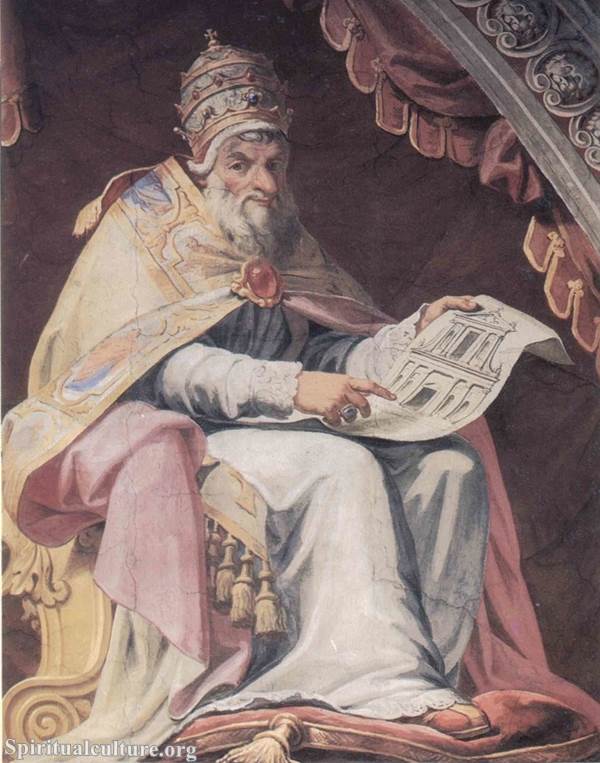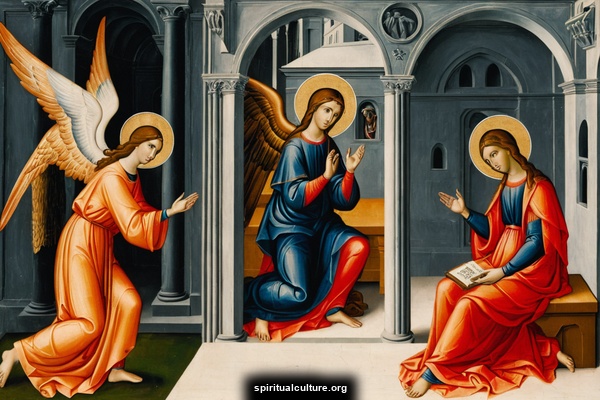In the 14th century, Saint Catherine of Siena was a mystic, a theologian, and a political powerhouse. She is still remembered today for her substantial contributions to the Church. This article delves into her life, her role in Catholicism, and the legacy she left behind.

Saint Catherine of Siena.
Born in Siena, Italy, in 1347, Saint Catherine of Siena was the 23rd child of Jacopo and Lapa Benincasa. From a young age, she showed a deep devotion to God, often retreating to quiet places for prayer. At the age of seven, she decided to dedicate her life to God, refusing to consider marriage, which was unusual at the time. She joined the Dominican Order as a layperson, living a life of poverty, fasting, and prayer.
In Catholicism, Saint Catherine of Siena is celebrated for her spiritual writings and her tireless work for Church reform. She is perhaps best known for her mystical experiences. She often entered into states of deep prayer and contemplation, during which she experienced visions of Christ, the saints, and the devil. Her spiritual insights were recorded in her Dialogues, which are considered a classic of spiritual literature in Catholicism.
Saint Catherine of Siena was also known for her involvement in the politics of her time. She worked tirelessly to bring peace among Italy’s city-states and reform the clergy. She is most famous for persuading Pope Gregory XI to return to Rome from Avignon, France, ending the Avignon Papacy. This event had significant implications for the unity of the Church.
In recognition of her contributions to Catholicism, Saint Catherine of Siena was canonized by Pope Pius II in 1461. She was later declared a Doctor of the Church by Pope Paul VI in 1970, one of only four women to receive this honor. This title is granted to saints recognized for their significant contribution to theology or doctrine.
St. Catherine of Siena’s legacy continues to be felt within Catholicism and beyond. Her teachings and writings continue to inspire and guide Catholics worldwide. She is often invoked as a model of faith, courage, and commitment to the Church. Her life is a testament to the power of faith and the potential for individuals to impact the world significantly.
In conclusion, Saint Catherine of Siena was not just a mystic or a theologian; she was a beacon of hope and a symbol of courage in a turbulent time. Her unwavering dedication to God and the Church and her significant contributions to theology make her an unforgettable figure in Catholicism. Today, St. Catherine of Siena remains a beloved saint; her life and works still inspire millions of believers around the globe.



